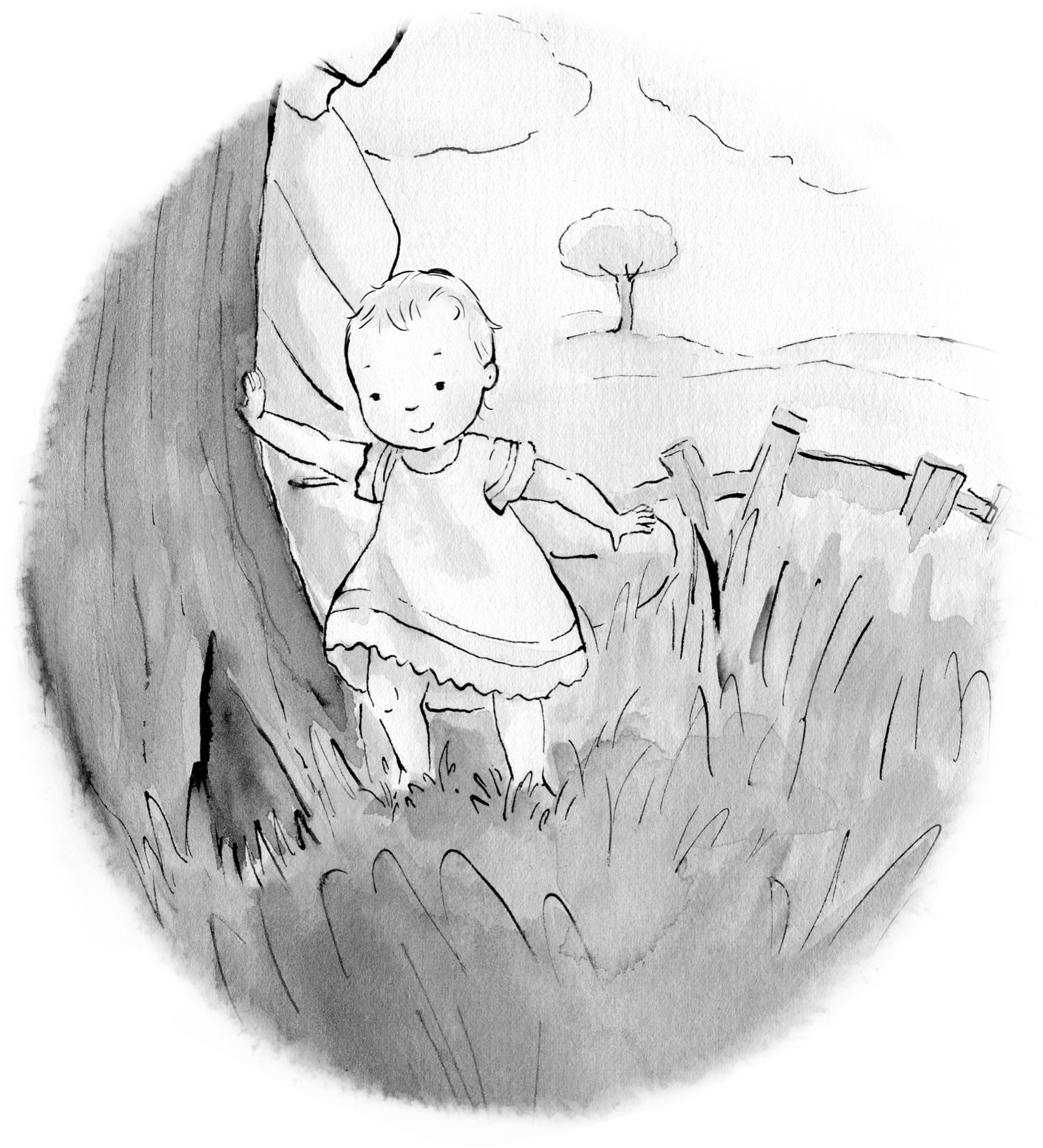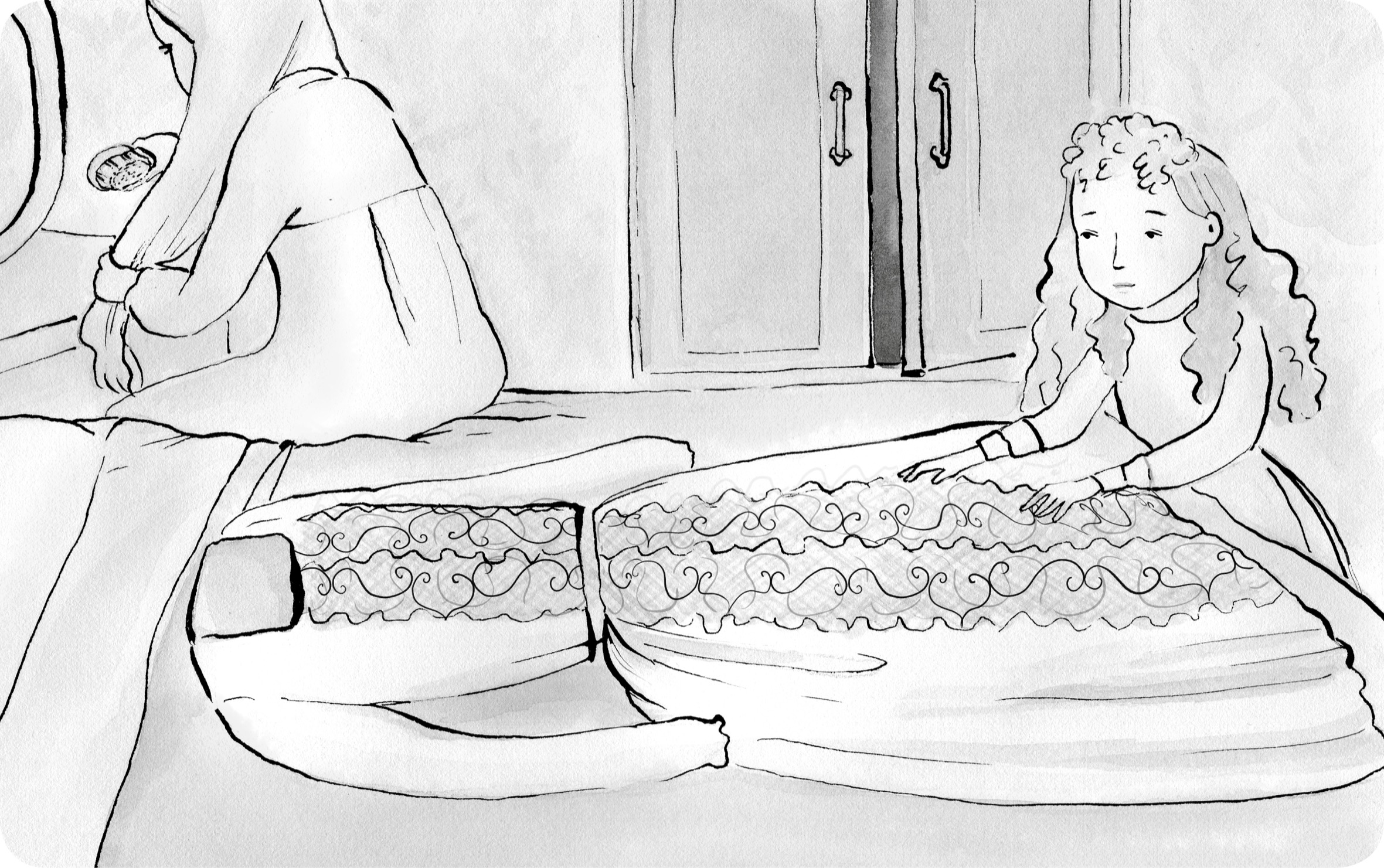PHILOMEL BOOKS
An imprint of Penguin Random House LLC, New York

First published in the United States of America by Philomel Books,
an imprint of Penguin Random House LLC, 2021
Text copyright 2021 by Chelsea Clinton.
Illustrations copyright 2021 by Alexandra Boiger.
Penguin supports copyright. Copyright fuels creativity, encourages diverse voices, promotes free speech, and creates a vibrant culture. Thank you for buying an authorized edition of this book and for complying with copyright laws by not reproducing, scanning, or distributing any part of it in any form without permission. You are supporting writers and allowing Penguin to continue to publish books for every reader.
Philomel Books is a registered trademark of Penguin Random House LLC.
Visit us online at penguinrandomhouse.com.
Library of Congress Cataloging-in-Publication Data is available.
HC ISBN 9780593115688
PB ISBN 9780593115695
Ebook ISBN 9780593115701
Edited by Jill Santopolo.
Design by Ellice M. Lee, adapted for ebook by Michelle Quintero.
The publisher does not have any control over and does not assume any responsibility for author or third-party websites or their content.
pid_prh_5.8.0_139307961_c0_r0
 For
For 
Laura Jane Claster
She Persisted: HARRIET TUBMAN
She Persisted: CLAUDETTE COLVIN
She Persisted: SALLY RIDE
She Persisted: VIRGINIA APGAR
She Persisted: NELLIE BLY
She Persisted: SONIA SOTOMAYOR
She Persisted: FLORENCE GRIFFITH JOYNER
She Persisted: RUBY BRIDGES
She Persisted: CLARA LEMLICH
She Persisted: MARGARET CHASE SMITH
She Persisted: MARIA TALLCHIEF
She Persisted: HELEN KELLER
She Persisted: OPRAH WINFREY
Dear Reader,
As Sally Ride and Marian Wright Edelman both powerfully said, You cant be what you cant see. When Sally Ride said that, she meant that it was hard to dream of being an astronaut, like she was, or a doctor or an athlete or anything at all if you didnt see someone like you who already had lived that dream. She especially was talking about seeing women in jobs that historically were held by men.
I wrote the first She Persisted and the books that came after it because I wanted young girlsand children of all gendersto see women who worked hard to live their dreams. And I wanted all of us to see examples of persistence in the face of different challenges to help inspire us in our own lives.
Im so thrilled now to partner with a sisterhood of writers to bring longer, more in-depth versions of these stories of womens persistence and achievement to readers. I hope you enjoy these chapter books as much as I do and find them inspiring and empowering.
And remember: If anyone ever tells you no, if anyone ever says your voice isnt important or your dreams are too big, remember these women. They persisted and so should you.
Warmly,
Chelsea Clinton
TABLE OF CONTENTS
CHAPTER 1
Baby Helen
By the time Helen Keller was ten years old, people all around the world knew her storythe little girl from Tuscumbia, Alabama, who was blind and deaf, and who had learned to write and speak. Helen would later use those skills to go to college, write bestselling books, and give speeches around the world. She inspired millions of people to not let their challenges hold them back.
But before all that, Helen was an ordinary baby.
Of course, Helens parents didnt think she was ordinary. To them, she was precious and extraordinary.
Helen Keller was born on a summer day in 1880. She was a baby who started talking before she was even a year old. Here are some of the first things she said:
Tea tea tea
How dye (an informal way of saying How do you do?)
Wah-wah (Helens way of saying water)
Helen was curious and active, too. She loved the sounds of the birds and the colors of the fields and trees on her familys farm. By her first birthday, shed started to walk. Her parents marveled at all the things she could do. It was a very happy time.
Then something terrible happened. When Helen was just a year and a half old, she became sick. So sick that doctors told her parents she could die. Her body was hot with high fevers. Helens mother stayed beside her and tried to soothe away all the bad feelings.
Eventually, Helens fever broke. Her parents were grateful to know that their little girl would live. But they began to notice her life would be different. When Helens mom moved her hands in front of Helens face, Helen did not blink. When the bell rang for dinner, Helen didnt turn her head toward the sound like she used to.
Helen couldnt see her moms hands in front of her face. She couldnt hear the dinner bell. The high fevers had destroyed her hearing and her sight. She was deaf and blind.
Helens parents called the doctor again. He told them that nothing could be done. Their precious, extraordinary daughter was living in a largely dark and silent world.
Hearing kids learn to speak by listening to other people. How would Helen ever learn to speak if she couldnt hear? How would she learn to read or write if she couldnt see?
Helen herself was too young to realize the seriousness of the situation. Soon, she forgot things had ever been different. She came up with her own signs to communicate without wordshead shakes meant no, and nods meant yes. Pulls meant come, and pushes meant go. Helen pretended to cut and butter bread when that was what she wanted to eat. If she wanted ice cream, shed move her hands like she was using the freezer and shed shiver as if cold.
Helen couldnt see things with her eyes, so she felt with her hands. She ran her fingers over her mothers clothes. She could tell by the style and texture whether her mom was dressed to go out, or whether shed be staying in. By the time Helen was five years old, she could fold the laundry and knew how to tell which clothes were her own.
She also figured out what a key was and how to use it. Unfortunately, she once used this skill to lock her mother in the pantry! Her mother was trapped for three hours!
When Helen reached up to her parents and friends faces, she could feel their mouths moving as they spoke. She noticed they didnt need signs and signals when they wanted something. Helen tried moving her lips, too. But she didnt have the words to communicate. Even when she used her hand signals, her parents couldnt always tell what she was trying to say.

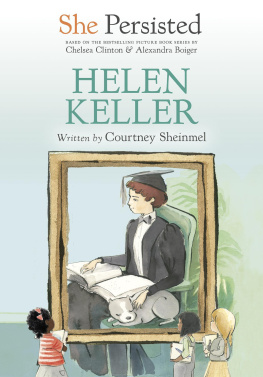
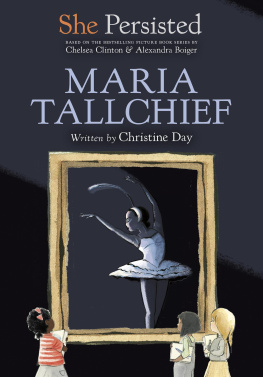

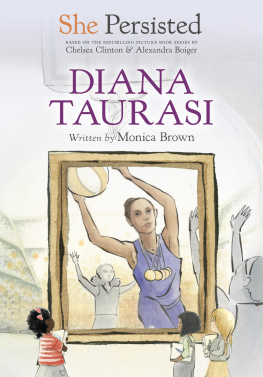
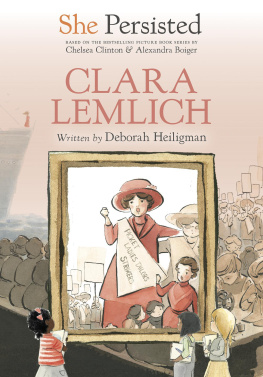
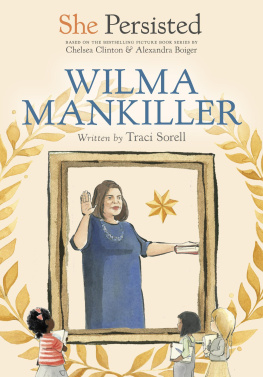
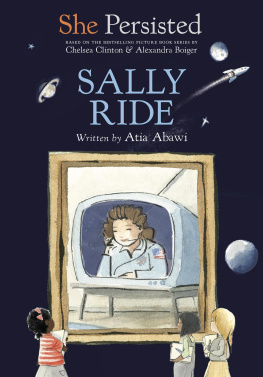
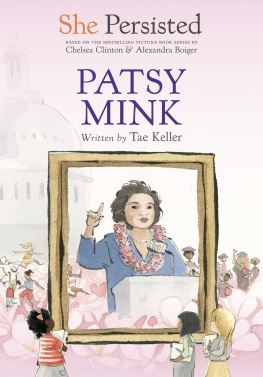
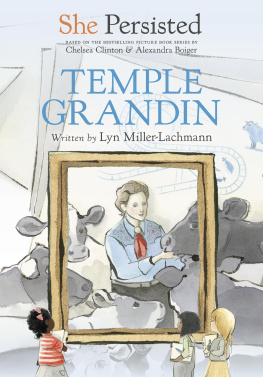
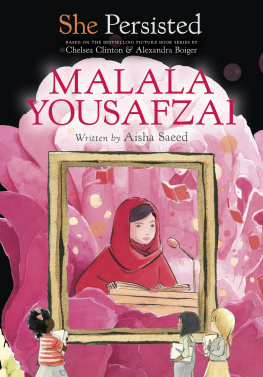
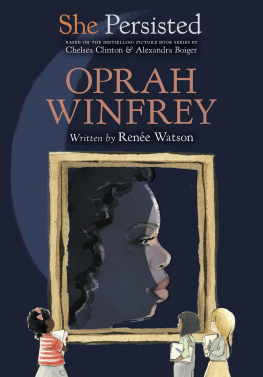
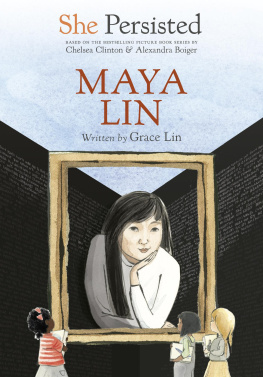
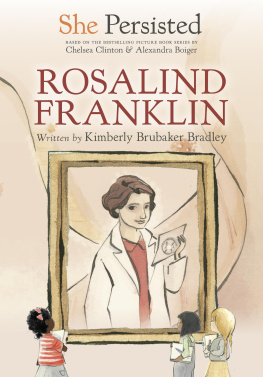
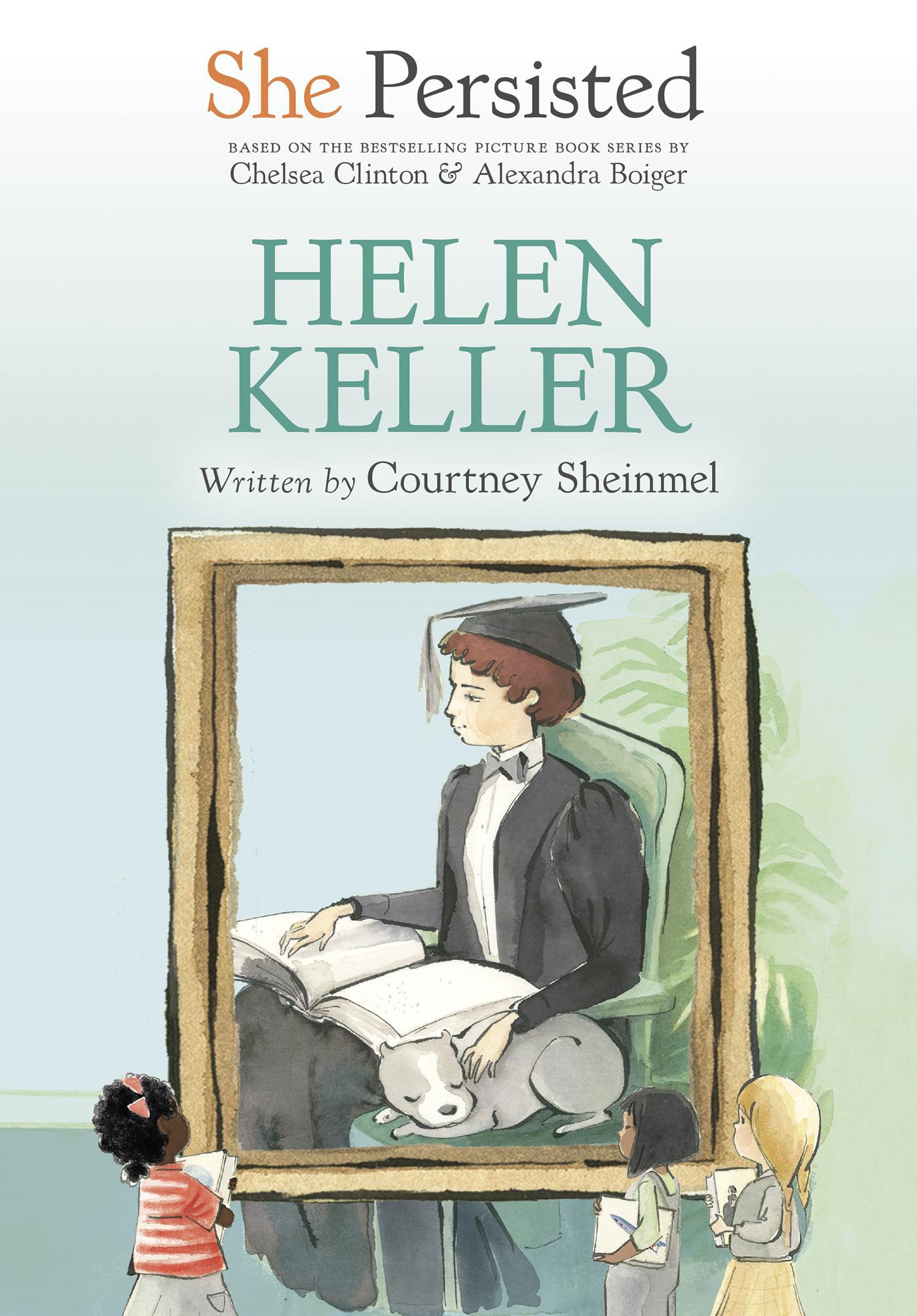
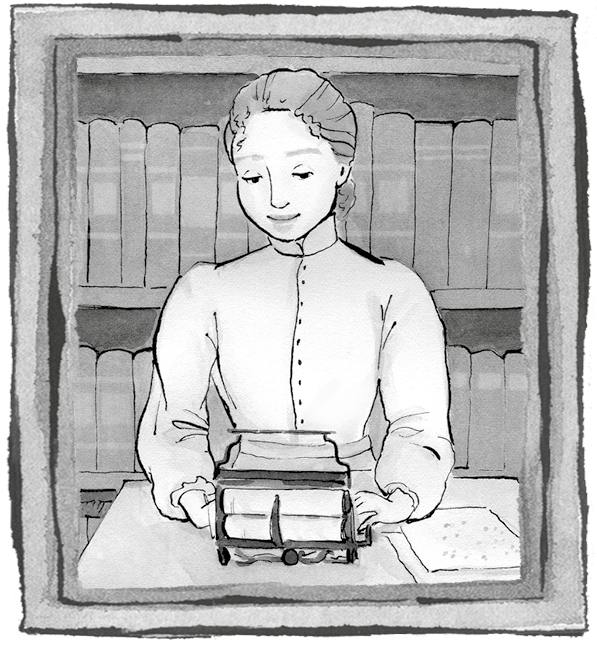
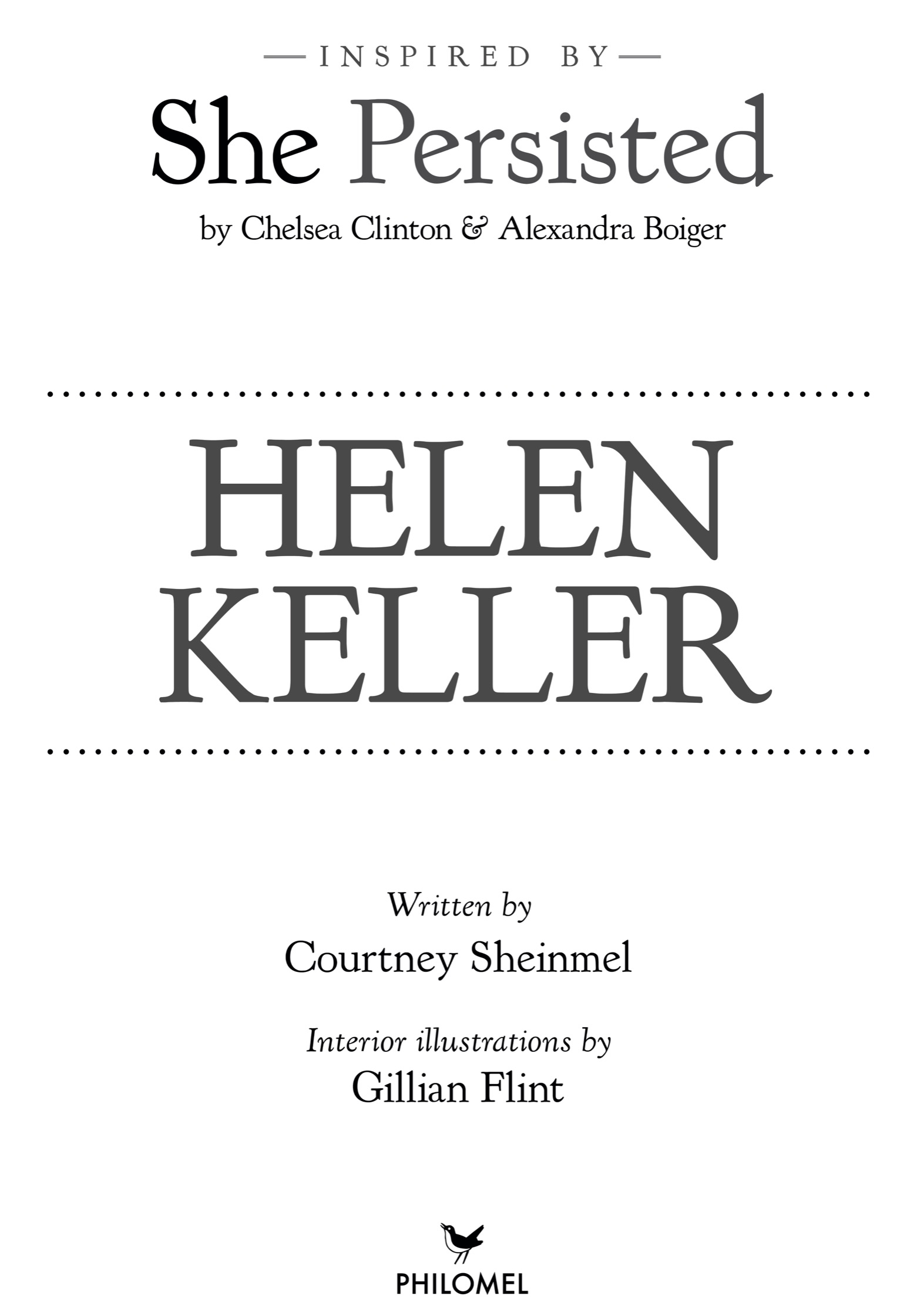

 For
For 

